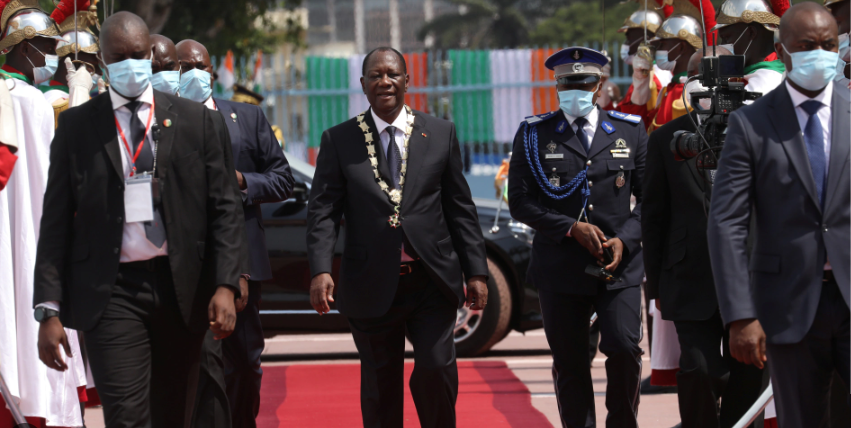The International Monetary Fund (IMF) has approved a $3.5bn (£2.8bn) loan agreement with Ivory Coast, which it says is designed to tackle financial challenges and assist economic transformation.
Read more: China-Africa Relations: the continent’s finest in the Middle Kingdom
Although the Ivorian economy has generally resisted the pandemic, it has suffered, like most African countries, the repercussions of the invasion of Ukraine by Russia and the tightening of monetary policies of advanced countries.
The measures taken to “reduce pressure on prices, the increase in security spending and the trade imbalance, due to robust domestic demand, have reinforced macroeconomic imbalances”, the institution detailed, prompting the government to request IMF support.
The West African country has seen its GDP grow by 5.5% in 2022, according to the IMF, which expects growth of 6.5% for 2023. Inflation was also lower than in other countries in the region, at 5.5% over the past year, and is expected to slow to 4% this year.
The Ivorian president Alassane Ouattara estimated at the end of April that the country could achieve growth of 7.5% with an inflation rate that should return to 3.7% over the year.
Read more: The Transformative Power of Digital Currency in Africa
Côte d’Ivoire has launched several investment programmes, notably in the key cocoa sector, in order to set up a processing industry, which until now has been carried out mainly outside the country, despite being the world’s leading producer. It also wants to improve its agricultural production in order to increase its exports to other African markets.
